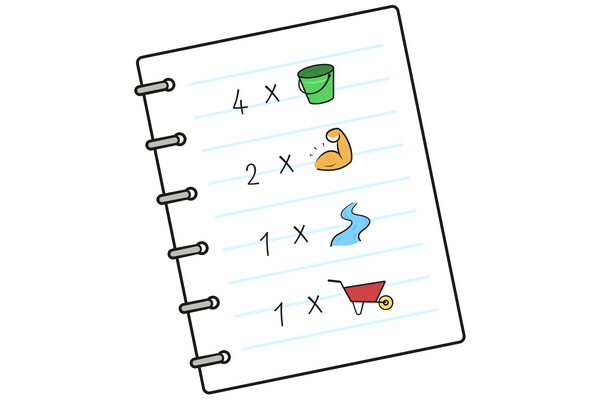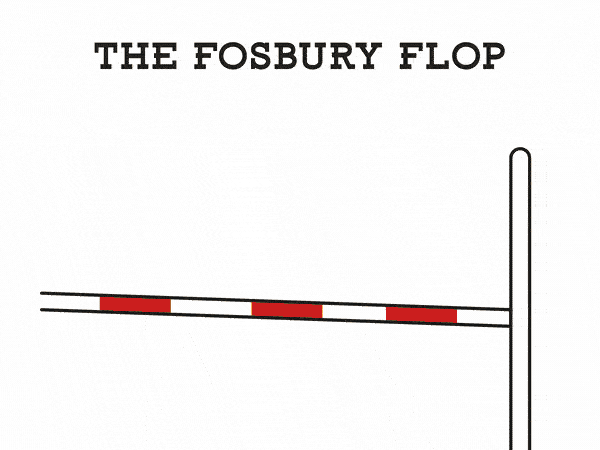Stop Whining! Change Your Goals - Leon! Animation Studio
There are times in life when problems honestly seem a little too… problemy.
Some of them seem designed solely to humble you. Things start well, of course. Your usual approaches to problem-solving yield initial results. Then, as time goes by, things get more complex.
Solving one part of the problem seems to complicate other parts. Soon, you're on your 3rd pint or 5th cup of coffee because the stress is too much.
You've effectively stumbled across your labour of Hercules…
Who ironically (given his reported short temper and lack of wit) is someone from whom we can learn a thing or two about creative problem-solving. (More on that a little later, pinky promise.)
Sometimes, "The problem is not the problem; the problem is your attitude about the problem."
When Jack Sparrow said this, he was not expecting to in a blog post about "Changing the End Goal", but this quote fits into our current discussion. Often, our challenge when problem-solving is the rigidity of our approach, AKA, our "attitude about the problem."
To illustrate, let's go back to the example of Hercules, who we alluded to earlier.
The 5th of Hercules' labours was to clean a stable full of 1,000 cattle and their waste.
For the sake of conducting a mental exercise, put yourself in Hercules' shoes, probably sandals. You're back in the times of Greek mythology. You're near a massive stable with all the tools you'll need to clean 1,000 cattle and their waste: buckets, brooms, wheelbarrows and even shovels and mops. There are also, quite conveniently, two nearby rivers that flow pretty quickly.
(I have no idea whether or not wheelbarrows and shovels existed in those times, but humour me.)
For those who are systematic thinkers, you're probably already number crunching:
"I have 4 buckets, super strength, a river, and a wheelbarrow. If I fill the wheelbarrows with X litres of water and…."
Your problem-solving habits led you to assume that the simplest way to achieve the objective was to use the tools you already have in the most typical way possible, i.e. ferry a load of water back and forth and wash everything by hand.
Those familiar with the story know that Hercules took a far cleverer approach. He opted to redirect the rivers Alpheus and Peneus to wash away the filth, cleaning the animals in the process.
He very subtly reinterpreted the end goal.
He opted to "wash" the filth away rather than "clean" it using conventional means. He could have toiled for days or weeks, getting through half of the animals, only to be met by new waste as he finally moved on to the latter half.
He'd be in an almost literal shitstorm.
Let's take a look at a different example, The Gordian Knot:
Upon entering the province of Phrygia, Alexander the Great came across an ox cart tied to a post with a strong and complex knot. The owner of the oxcart, and presumably the man who tied the knot, declared that whoever could free the cart would rule over all of Asia.
According to legend, Alexander initially attempted to untie the knot. Being met with too much resistance, he changed his end goal from "untying the knot" to "freeing the cart" from the post, which he proceeded to do with a single stroke of his sword.
Let's look at a more modern example: The Fosbury Flop.
You might be lost if you're unfamiliar with Track & Field. The Fosbury Flop is the dominant High Jump technique, invented by a man named Dick Fosbury, who eventually won gold at the 1968 Mexico Olympics.
Fosbury had been frustrated with his inability to coordinate the complex manoeuvres in the dominant technique at that time. This "Straddle" method involved jumping over the bar facing down and lifting one's legs over the bar one at a time. At first, Fosbury experimented with a "Scissor" technique, which involved approaching the bar facing forward and lifting one's legs over the bar while remaining upright.
Eventually, Fosbury would try jumping backwards at an angle in an attempt to maximise his jump height, which resulted in The Fosbury Flop:
His relatively tiny shift in focus created an entirely new situation for him to solve.
Final example: An aquarium in China hired the world's tallest man to remove plastic from suffering dolphins' throats by reaching down with his long, gorilla-like arms and simply yanking it out. The person who came up with this idea thought it would work because "they'd seen it in a cartoon one time."
And guess what? It worked!
When you change your goal so that it solves your problem and solves it in a simple, creative way, there's not a dung-heap, knot, or choking hazard that can stand in your way.
Stuck with a messaging problem? Why not give us a shout?
Leon! Animations deals almost exclusively in cutting through Gordian knots (though we have been slacking on the dolphin rescues lately).
If you have a complex message that needs telling in a simple, engaging way, give us a shout. You honestly may not even need a 2D explainer animation. Sometimes an infographic or a GIF does the trick just as well.
Our priority is to communicate your comms simply by any means necessary.
Please shoot us an email by clicking on the image below.
Discover all 10 of our Simplification Commandments: 1) What's the 1st Step?, 2) Knowledge = Powah!, 3) Explain to Toddlers, 4) eXpEriMenT!, 5) Devil's Advocate, 6) Steal Sh*t!, 7) Take a Brake!, 8) Change Goals, 9) Give Up!, and 10) Ask for Help.
Our animation studio services for charities and healthcare organisations use these same principles to transform complexity into crystal-clear explainer videos.










